Blog
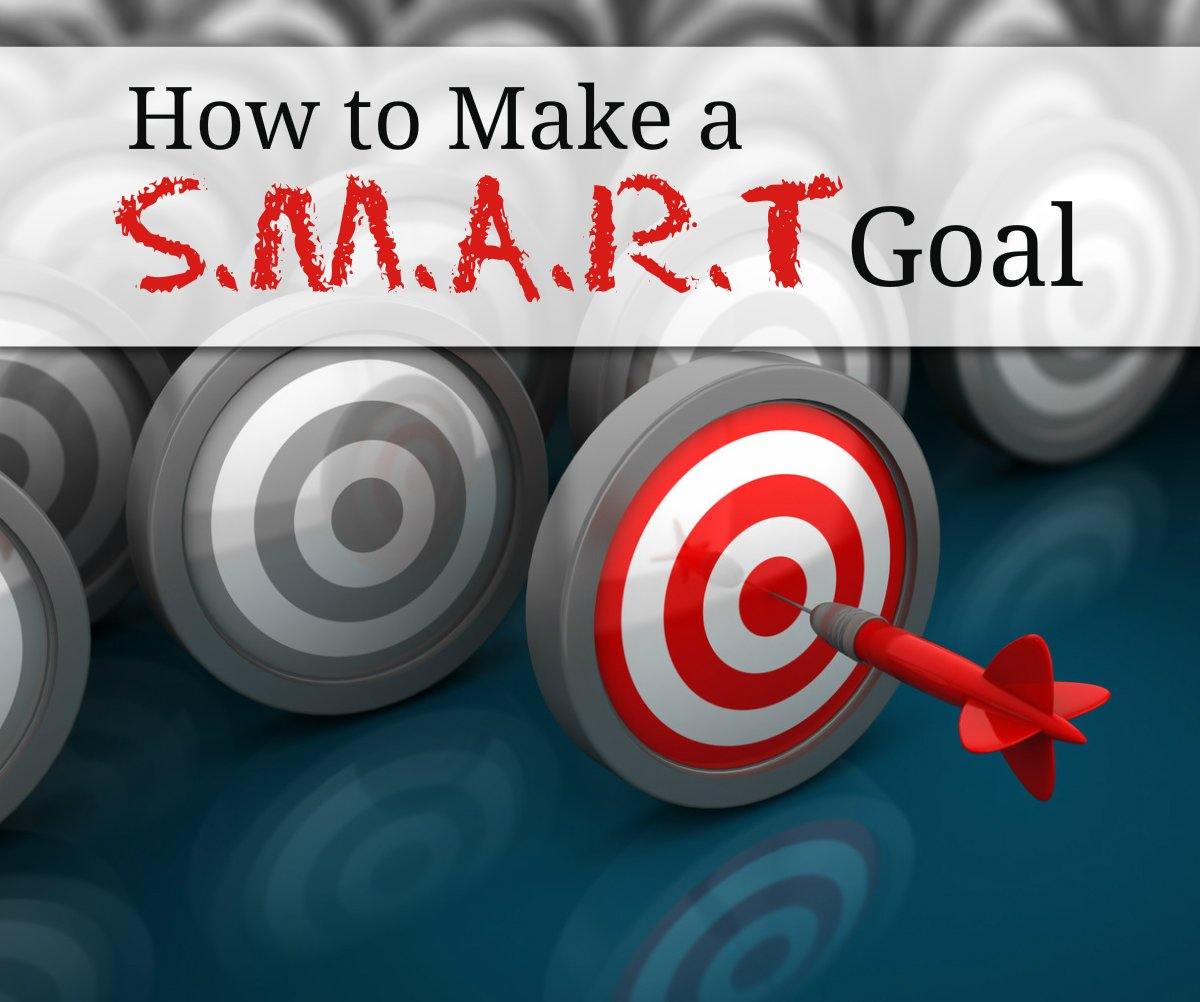
How to Make a SMART Goal 0
Setting goals doesn't achieve much unless that goal is doable. If you don't make your goal a reality you can end up feeling like a failure -- but maybe your goal was doomed from the start.
Some smart people came up with the SMART method of creating doable goals for business. You can use the same method for creating doable personal goals.
What is a SMART goal?
SMART stands for:
- Specific
- Measurable
- Attainable
- Relevant
- Timed
Click to read more and set yourself up for success!
- Ann Silvers
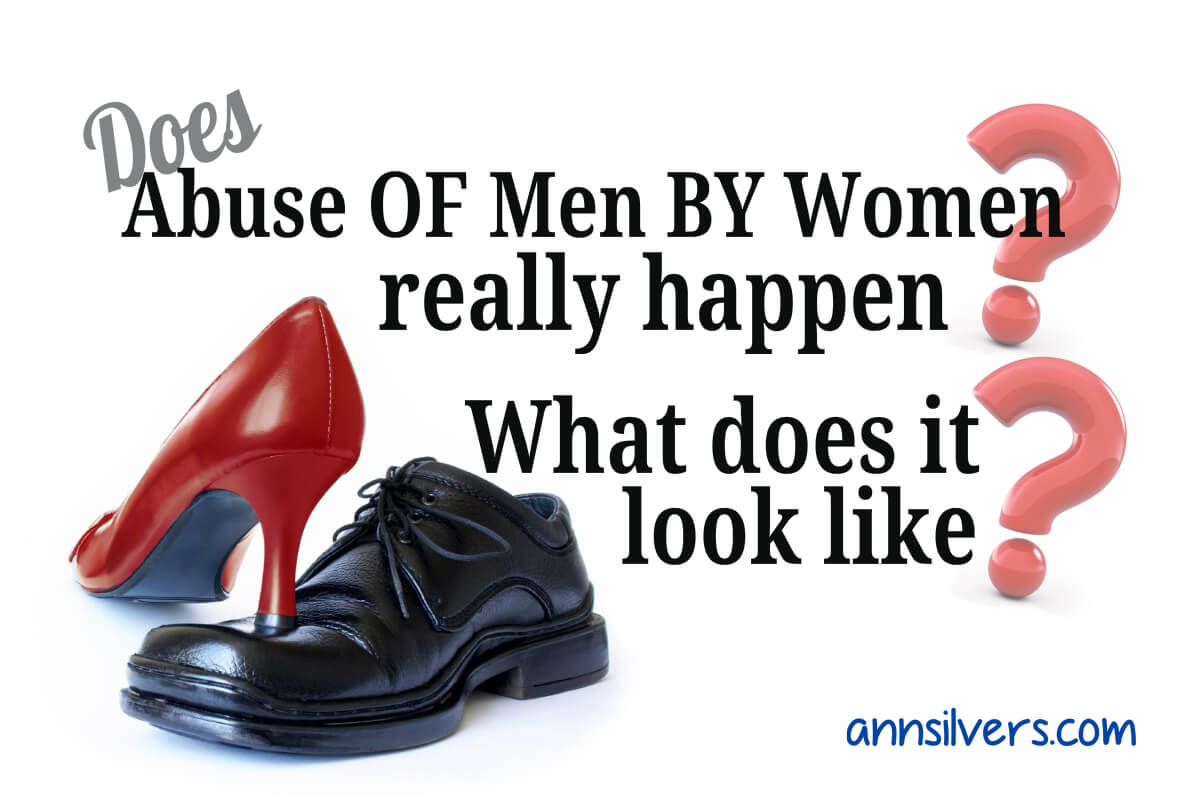
Does abuse of men by women really happen? What does it look like? 0
There are more abused men than you might think and there are more abusive women than you might think.
The idea that women can't hurt men is a cultural myth.
Just because women on average are smaller than men on average doesn't mean women can't hurt men. It turns out -- size doesn't matter. (Well, to be more specific, size matters somewhat, but it isn't everything.)
A woman can hurt her male partner in all sorts of ways: psychologically, financially, spiritually, legally, physically, and sexually.
Yes, I said physically and sexually.
- Ann Silvers
- Tags: abuse OF men BY women
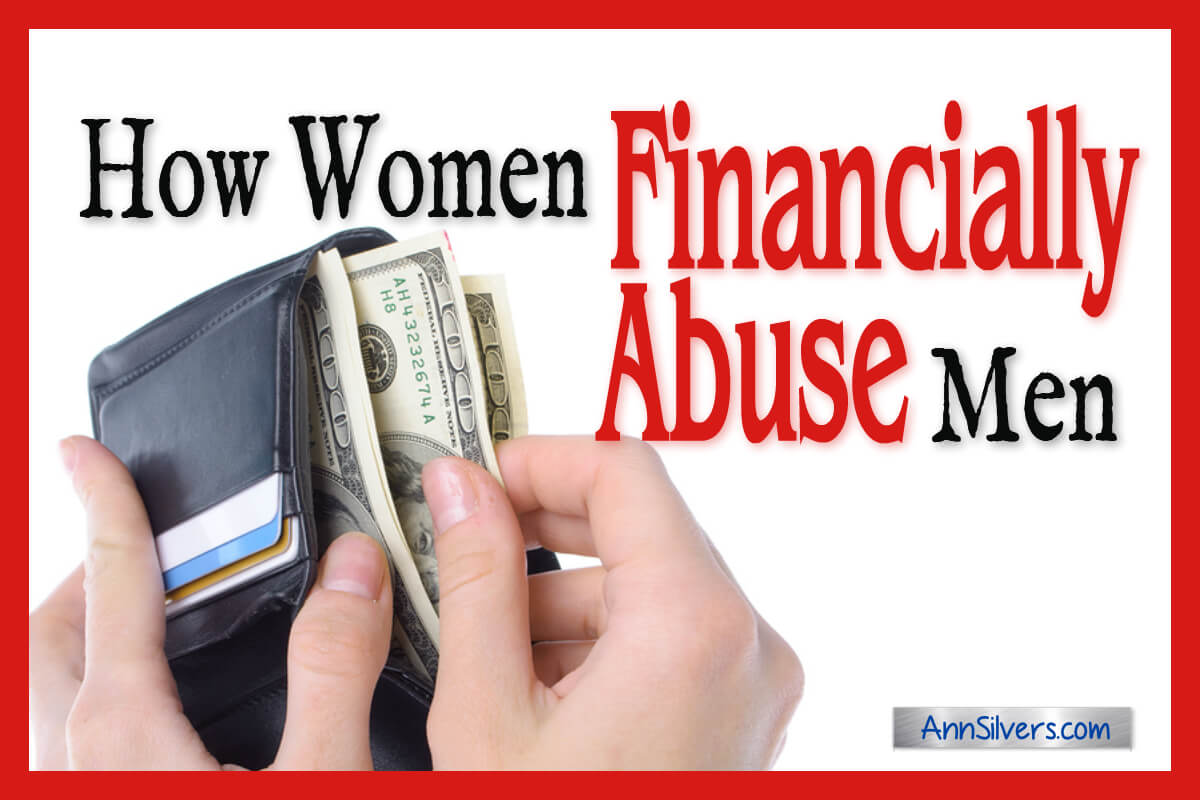
How Women Financially Abuse Men 15
When people focus on financial ways men abuse women, they often talk about men who exert control by limiting their partner’s ability to work or access to family money. While those same abuses may occur when the genders are flipped, there also are financial abuses that are available for women to use against men that take advantage of traditional gender roles.
Click Read More for financial abuse examples
- Ann Silvers
- Tags: abuse OF men BY women partner abuse
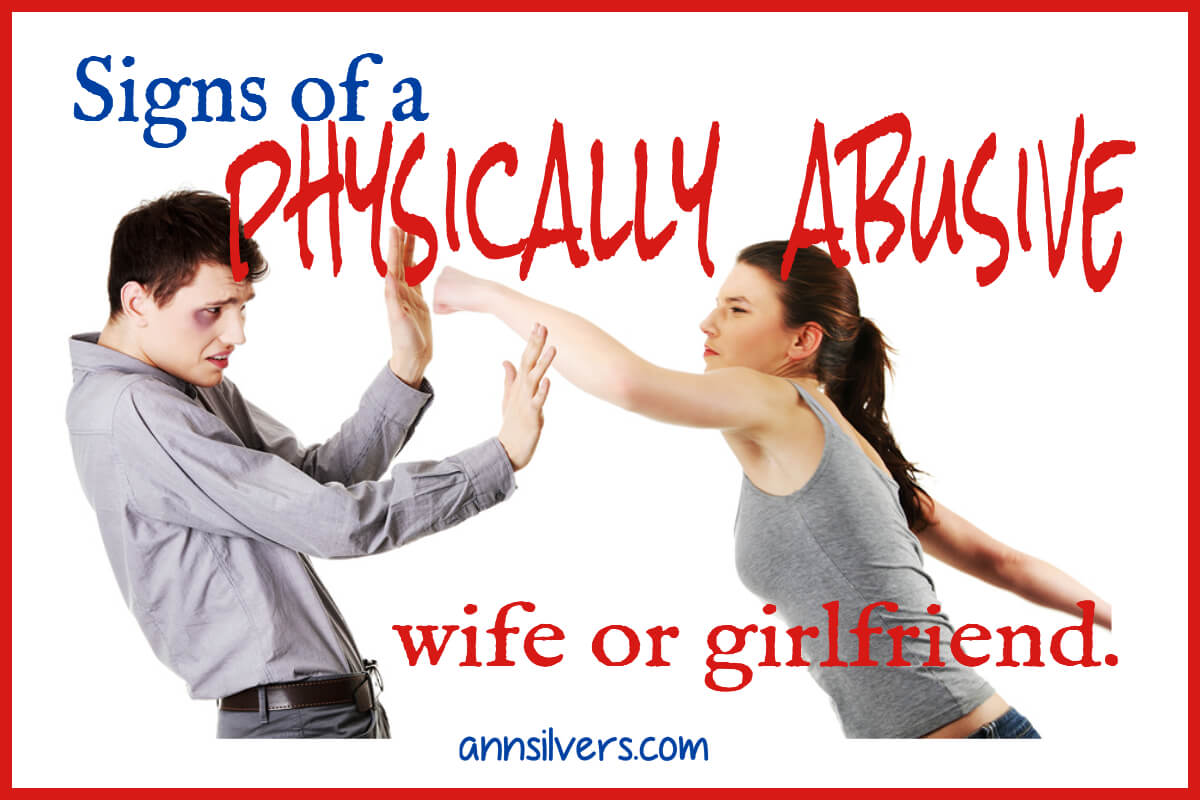
Signs of a Physically Abusive Wife or Girlfriend 8
Physical abuse of a partner is the category of abuse that gets the most attention. When I became aware of abuse of men by women, I wasn’t expecting to see or hear much about physical abuse, but I have been surprised by how many examples of physical abuse by women I have encountered.
Men’s size and strength advantage over women has been among deciding factors that have led many people to conclude that physical abuse of a man by a woman is a non-issue. However, women who physically abuse men can overcome their strength disadvantage in many ways.
- Ann Silvers
- Tags: abuse OF men BY women
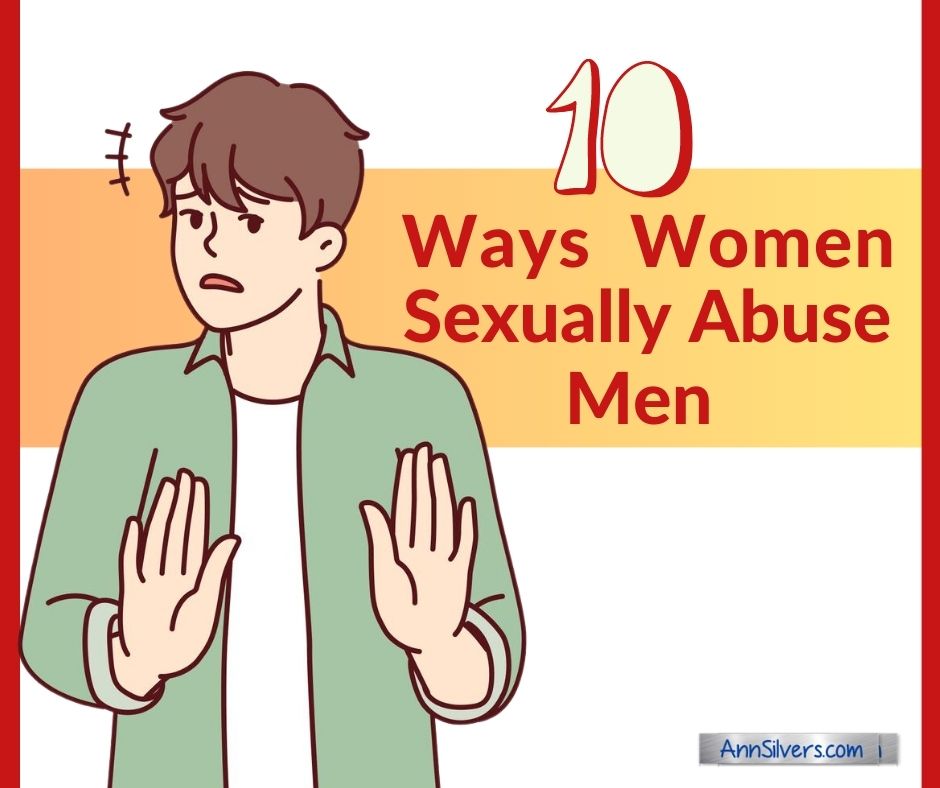
How Women Sexually Abuse Men 0
People can be shocked at the idea that women can sexually abuse men, but women can, and do, sexually abuse men.
It may look different than the classic sexual abuse of women by men, but it is sexual abuse when a woman uses sex in a controlling, demeaning, or punishing way, and/or uses sex to control, demean, or punish.
This post describes 10 ways a woman might sexually abuse a male partner.
- Ann Silvers
- Tags: abuse OF men BY women
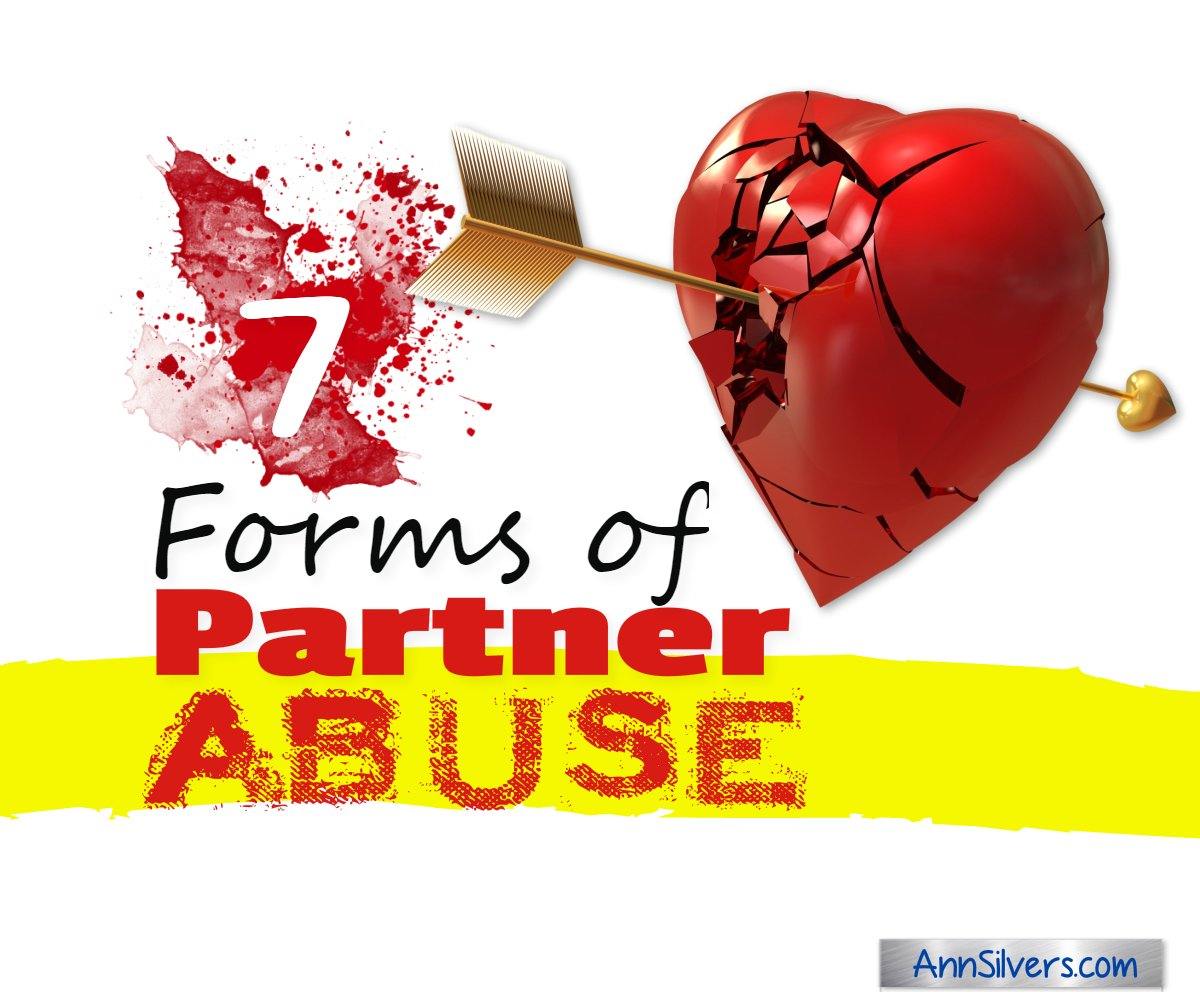
7 Forms of Partner Abuse 0
We most often think about physically violent acts when we think about partner abuse, but there are many methods of choice for controlling, demeaning, and punishing partners.
Partner abuse takes on many forms.
7 forms of partner abuse are listed and the question "What is partner abuse?" is answered.
- Ann Silvers
- Tags: abuse OF men BY women partner abuse





